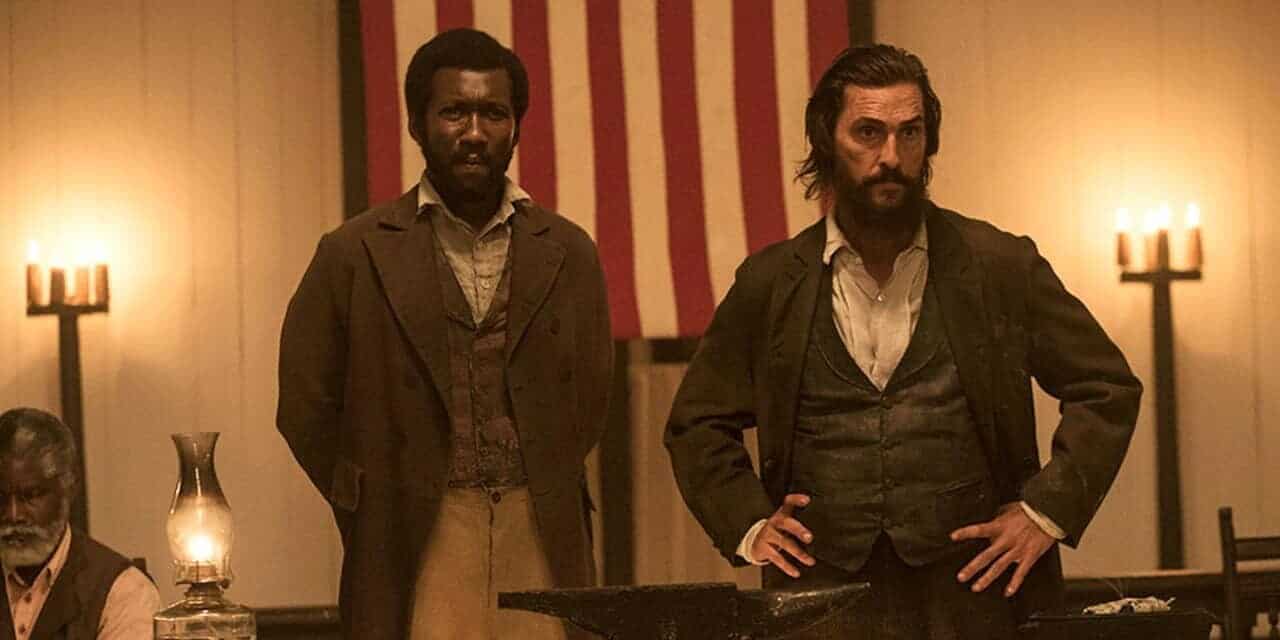Not everything is black and white; when it comes to history, you barely scratch the surface. There are always colors hidden among the lines or words spoken. One of these gray areas happened during the American Civil War. When the Union divided, there were states for the emancipation of slaves. These states were called Union states. On the other side were the Confederate States. However, not everyone who fought for the Confederacy honored their beliefs. In fact, just as the Confederate States seceded from the Union, some Confederates seceded from the Confederate Army to protect the freed and enslaved men, women, and children.

16. The Civil War Has Always Been About Slavery
Way before Abraham Lincoln was elected as the sixteenth President of the United States several slaveholding states refused to have him as their president. Many residents of the slaveholding states believed Lincoln wanted to emancipate all slaves. However, while Lincoln was against the institution of slavery, he felt that he had no right to end slavery in any state. However, through Lincoln’s speeches and open opposition to slavery, most of the slaveholding states began to believe Lincoln wanted to take away their right of owning slaves.
So that is indeed the birth of the Civil War, at least for the states who seceded from the Union. However, for Abraham Lincoln, the Civil War originally had to do with keeping all the states in the Union together. However, over time, the tables for the reasoning for the Civil War began to change for all sides. The Union side started to fight to put an end to slavery. The Confederate Army fought to keep their right to continue to the institution of slavery. By the end of 1862, the reasoning for the Civil War had even changed for President Abraham Lincoln. Not only did he want to preserve the Union but he also knew for the Union to declare victory and, therefore, keep the Union together, slavery had to end.

